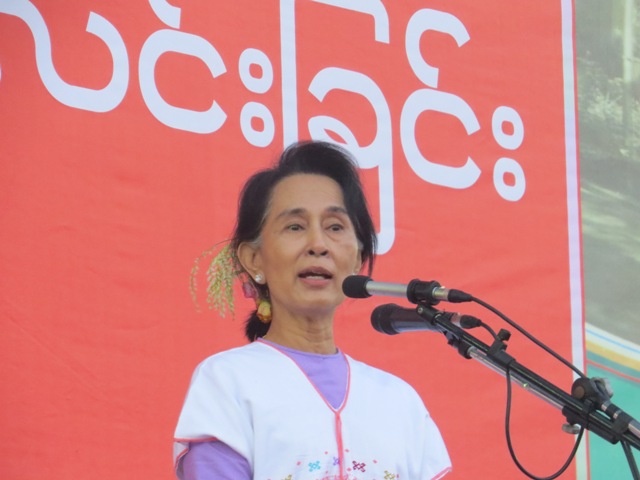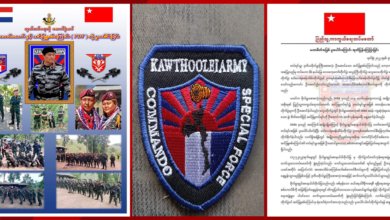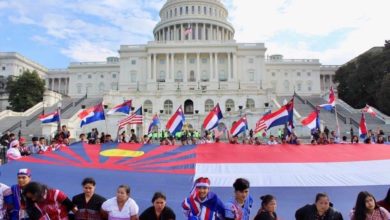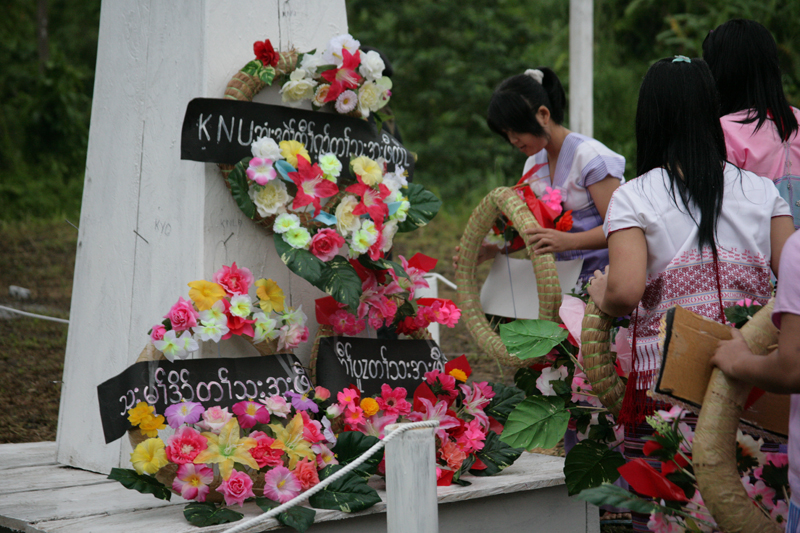Choosing to Defend the Military Against Charge of Genocide, Aung San Suu Kyi Is Going for Broke

News of Aung San Suu Kyi’s decision this week to lead Myanmar’s delegation to the Hague to defend an accusation of genocide sent shock waves through Myanmar and beyond. While her domestic supporters may be elated and offer her full support, human rights groups and Suu Kyi’s one-time international supporters are dismayed at her decision to defend what many consider indefensible.
Many are wondering if Suu Kyi is in her right mind because defending the Myanmar military actions at the international court against credible charge of genocide and crime against humanity is a no-brainer for anyone, let alone a noble peace prize recipient.
Since the Rohyigya carnage in 2017, Suu Kyi’s reputation in the international community and among human rights groups has been severely tarnished by her inaction or unwillingness to defend the Rohingyas or speak out against the Burma Army’s brutality. She is accused of complicit in the crimes against the helpless Rohingya people for siding with the army and describing its actions as legitimate and proportionate.
Most of Suu Kyi’s domestic supporters and apologists argued she is powerless to do anything as the military is outside of her control and security matters rest entirely with the military. Despite this excuse, the international community is not buying this argument. As a result, she has faced international condemnation and award after award has been stripped off her.
It is noticeable that since the Rohigya crisis, Suu Kyi has rarely travelled outside her country and most of her international travel have been in Asia. The only time she set foot in the west since the Rohingya crisis was to Hungary, where she met with Viktor Orban, the authoritarian and racist leader.
Despite Suu Kyi’s moral failing in the face of the Rohingya crisis, many in the international community still hope she can somehow work to salvage her reputation by working with the international community and bringing justice to the Rohingya people. But most of her recent actions and official policy in dealing with the international community and Rohingya issue have been detrimental and unhelpful.
Beside defending the army, her government rejected any cooperation with the international community to investigate crimes and hold individuals responsible for the murder and forced displacement of almost a million Rohingyas from the country. Instead of cooperation, she blamed the international community and accused the it of undermining Myanmar internal sovereignty. As she has come under international pressure to bring justice to the Rohingya, Suu Kyi has become more authoritarian and less tolerant of dissent.
Under her government, Myanmar’s 2011 promise of a transition to freedom and democracy are slowing fading as more and more activists are jailed and sentenced to long prison terms for advocating for justice that Suu Kyi had once fought for. The continued lack of progress on Rohingya issue and Myanmar national reconciliation has done little to salvage Suu Kyi’s reputation. However, by choosing to be the face of the genocide defence at the international court, Suu Kyi is going for broke with her reputation. She has also confirmed what many have suspected since the Rohingya crisis, that she is not a defender of human rights, freedom and democracy. She will now always be remembered as a defender of genocide in the eyes of the international and human rights community.
*Saw Greh Moo is a Karen community activist and a contributor to Karen News. He can be reached at grehmoo@hotmail.com




